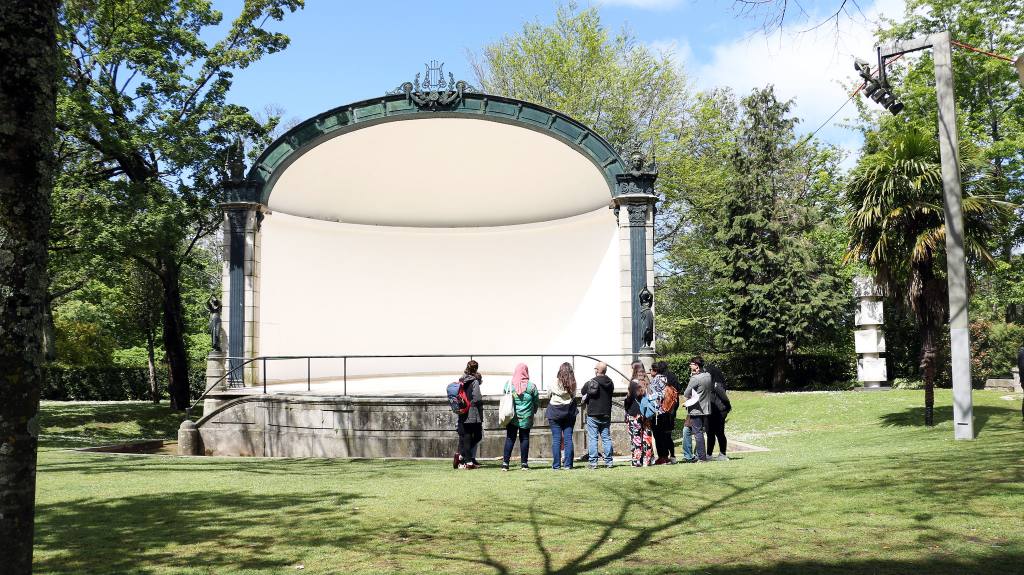
European citizens consistently demand more possibilities for being heard on the European level. They want to have a say in the creation of European policies. A permanent European citizens’ assembly would be an audacious move towards the building – and vitalizing – of European democracy.
In the run-up to the Conference on the Future of Europe, Citizens Take Over Europe, together with academic experts and practitioners of transnational and deliberative democracy, proposed a Manifesto. CTOE advocates a transnational European Citizens’ Assembly (or Assemblies). It has outlined basic guidelines with 10 democratic standards any citizens’ assembly needs to follow in order to decisively contribute to democratic innovation.
Building on these efforts, and observing a willingness of European actors to institutionalise a permanent form of citizens’ deliberation, CTOE strongly recommends an institution with a robust bottom-up and citizen-empowering nature. Currently, propositions present citizens’ assemblies as an ‘add-on’ to existing consultation mechanisms, without however meaningfully changing the status quo of existing power relations or of decision-making procedures. CTOE thinks that a technocratic approach does not do justice to the claim for a true Citizens’ Europe. We hence emphasise five dimensions that are absolutely crucial if a European Citizens’ Assembly is to effectively democratise EU politics, create a robust bottom-up channel, and give citizens a voice with real consequence.
First, the process needs to be citizen-led in multiple ways. Deliberative democracy tends to be a top-down process “on invitation only”. A citizens’ assembly needs to allow a citizens’ voice in a wide range of its facets: agenda-setting, monitoring of outcomes, design of the process, invitation of stakeholders and experts, as well as regarding follow-up and tangible policy-making.
Second, great attention should be paid to the broad inclusion of participants. A broad, pluralistic, and minority-sensitive inclusion is of utmost importance if a European citizens’ assembly is to be legitimate and representative. Random selection ought to include a broad range of people, not merely formal EU citizens; and it could also consider significant inclusion of civil society actors.
Third, there must be a binding mandate from the process, which guarantees citizens that their views will have weight from the start. This mandate needs to be clear from the start.
Fourth, an EU-level citizens’ assembly needs to prioritise publicity and visibility, linking the mini-public to the huge European macro-public. The biggest failure of CoFoE has been its invisibility, among citizens but also amidst other relevant (public) actors.
Fifth, the Assembly instrument must be effectively funded. Citizen participants need to be adequately funded. The assembly or assembly panels need attractive incentives for citizens of all age groups and backgrounds that will stimulate them to engage. Such incentives will include moments of enjoyment, sociability, and cultural engagement. We should not forget that culture is key to opening up and nurturing the democratic imagination.
DOWNLOAD HERE THE RECOMMENDATIONS FOR A EUROPEAN CITIZENS ASSEMBLY


